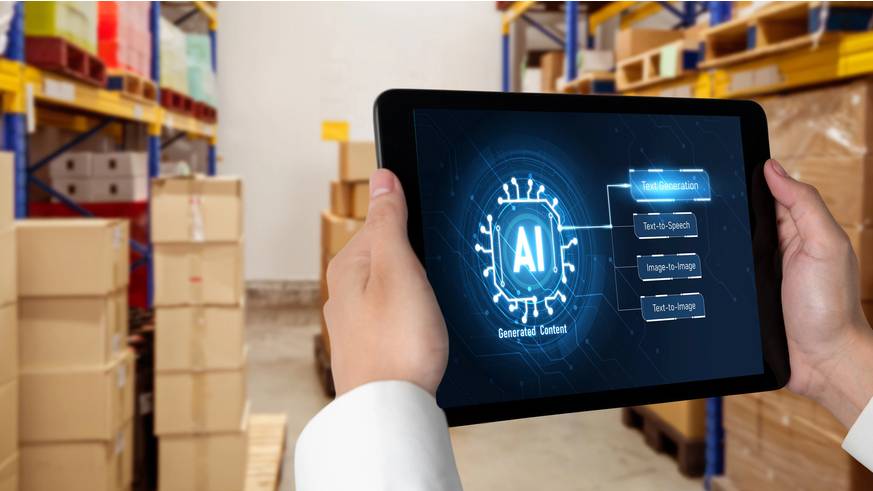From Paper Lists to Smart Robots: How AI Is Transforming Warehouse Management

In a world where speed, accuracy, and efficiency define competitiveness, warehouse management is undergoing a technological revolution.
Eyal Katz, Chief Innovation Officer at Priority Software, explains how artificial intelligence, robotics, and IoT technologies are reshaping the way organizations handle their supply chains.
Once dependent on intuition and personal experience, warehouse managers now rely on AI systems that analyze vast amounts of real-time data and assign tasks with data-driven precision. “Instructions-to-Light” systems, for example, use color-based visual guidance to reduce errors and streamline picking processes.

Eyal Katz. Photo by: Avi and Aya Photographers
The next stage of this revolution is robotic automation — where robots bring items directly to workers, shortening picking times and reducing physical strain. Human operators are becoming supervisors of smart, autonomous systems, managing processes that continuously learn and improve.
In Israel, the Israel Innovation Authority is investing in AI adoption programs, including initiatives to attract international experts. According to Katz, the fear of change is fading, and AI is now seen as a reliable, essential tool for smarter, more efficient operations.
By Eyal Katz, Chief Innovation Officer, Priority Software
This content might interest you as well
More Categories
Related Posts
US chip and AI infrastructure company Astera Labs has announced a strategic expansion of its global engineering footprint with the
Apple has recently announced the acquisition of the Israeli AI startup Q.ai, which specializes in artificial intelligence technologies for speech
Israel stands at a critical decision point in the global quantum race. Choices made in the coming years will determine
The Israeli cybersecurity industry has wrapped up an exceptional year with unprecedented figures: total exit value in 2025 reached approximately
















